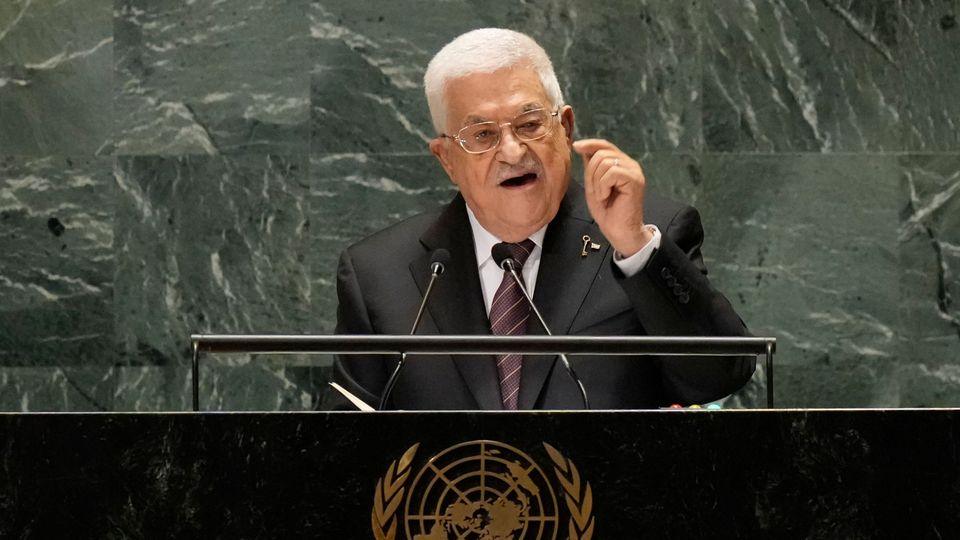An Insight into Mahmoud Abbas and His Political Influence

Introduction
Mahmoud Abbas, the President of the Palestinian Authority, remains a pivotal figure in Middle Eastern politics. His leadership is significant as the region navigates complex issues surrounding peace, governance, and international relations. Abbas’s actions and policies not only affect Palestinian society but also have broader implications for global diplomacy and stability in the region.
Current Events and Background
Since taking office in 2005, Mahmoud Abbas has strived to maintain a semblance of governance amidst the ongoing Israeli-Palestinian conflict. Recently, he faced criticism for his administration’s approach to negotiations with Israel and for its handling of internal Palestinian politics. Abbas’s call for the renewal of elections—a move seen as an attempt to legitimise his authority—has faced obstacles, including opposition from factions such as Hamas. In the context of recent violence in the West Bank and rising tensions, the actions of Abbas have drawn both support and disapproval from various political groups.
The recent developments have seen Abbas advocate for a two-state solution as the only viable outcome of the conflict, echoed in international forums. However, his criticism of Israel’s policies and settlement expansion has not garnered the level of support he had hoped for from the international community, especially as geopolitical dynamics shift.
The Significance of Abbas’s Leadership
Abbas’s administration is at a critical juncture. The political landscape is influenced heavily by factors such as the normalization of relations between Israel and several Arab nations, the ongoing conflict in Gaza, and the waning support for the Palestinian cause in some quarters. With elections postponed multiple times, Abbas’s legitimacy is increasingly questioned, further complicating his leadership.
Moreover, the internal divisions within Palestinian factions hinder the collective approach to addressing external challenges. Abbas’s ability to unite these factions under a coherent strategy is critical to any future peace negotiation efforts. His recent meetings with international leaders also aim to reaffirm support for Palestinian statehood while addressing concerns regarding human rights and governance.
Conclusion
The future of Mahmoud Abbas in Palestinian politics remains uncertain. With mounting internal pressure and external diplomatic challenges, his decisions will significantly shape the trajectory of Palestinian aspirations and broader Middle Eastern relations. As the situation evolves, Abbas’s leadership will remain under scrutiny, and the potential for renewed peace talks with Israel continues to hang in the balance. Observers will be keen to see how Abbas navigates these turbulent waters in the coming months.
